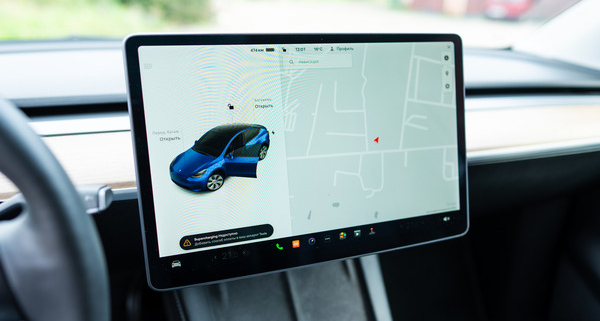Tesla’s Autopilot technology promises advanced driver assistance, but it does not eliminate human responsibility behind the wheel. When a Tesla Autopilot crash occurs, liability can be complex and depends on factors such as driver actions, system performance, and potential third-party involvement. Understanding who is liable in such cases requires examining the details of the incident and relevant Florida laws.
If you or a loved one were hurt, call our Florida Tesla Autopilot crash lawyers at (561) 655-1990 today.
Understanding Tesla Autopilot’s limitations
Tesla Autopilot is an advanced driver-assistance system (ADAS) designed to assist with steering, acceleration, and braking. However, Tesla explicitly states that Autopilot is not fully autonomous and requires constant driver supervision. The system’s limitations are critical in determining liability during a crash.
Situations where a driver may be liable
Florida law considers the driver responsible for the safe operation of their vehicle, even when using advanced technology like Tesla Autopilot. Under Florida Statutes § 316.1925, drivers are required to operate their vehicles prudently and avoid negligence. Common scenarios where the driver may be liable include:
- Distracted driving: If the driver relied solely on Autopilot and failed to monitor the road.
- Improper use of Autopilot: Activating the system in areas where it is not recommended, such as on local roads with frequent stops and turns.
- Failure to take corrective action: Not intervening when the system fails to respond appropriately to hazards.
What if another driver was involved?
Liability may also extend to third parties. For example:
- A negligent driver cutting off the Tesla could trigger a chain reaction leading to a crash.
- Poorly marked roads or defective traffic signals maintained by government entities might contribute to the incident.
In these cases, liability may be shared among multiple parties.
Situations where Tesla may be liable
Tesla may share liability in a crash if evidence suggests that Autopilot malfunctioned or the system failed to perform as intended. This could include:
- Software or design defects: If Autopilot’s programming did not recognize or respond to road conditions correctly.
- Failure to warn users: Tesla could be liable if the company did not adequately communicate Autopilot’s limitations or risks.
- Negligence in system updates: Failing to provide necessary software updates that could have prevented the crash.
Such claims often fall under product liability law, which requires proving a defect in the vehicle or its components.
Determining liability in Florida
Florida’s comparative negligence law, outlined in Florida Statutes § 768.81, allows fault to be apportioned among multiple parties. This means a Tesla driver, Tesla as a company, or other involved parties may share responsibility, with compensation adjusted accordingly.
Steps to take after a Tesla Autopilot crash
- Document the scene: Take photos, videos, and witness statements to preserve evidence.
- Contact law enforcement: File a police report to establish an official record of the incident.
- Preserve vehicle data: Tesla vehicles store critical data related to Autopilot usage and crash details. Ensure this information is secured for investigation.
- Consult an attorney: Navigating liability in a Tesla Autopilot crash requires legal expertise to identify responsible parties and pursue compensation.
How Lytal, Reiter, Smith, Ivey & Fronrath can help
Determining liability in a Tesla Autopilot crash involves complex legal and technical issues. The experienced attorneys at Lytal, Reiter, Smith, Ivey & Fronrath can investigate your case, analyze Autopilot data, and pursue claims against negligent drivers or manufacturers. Our team is dedicated to helping you secure the compensation you deserve.
Contact us for a free consultation
Contact Lytal, Reiter, Smith, Ivey & Fronrath for expert legal guidance if you’ve been involved in a Tesla Autopilot crash. Call us at (561) 655-1990 to schedule a free consultation and protect your rights.




